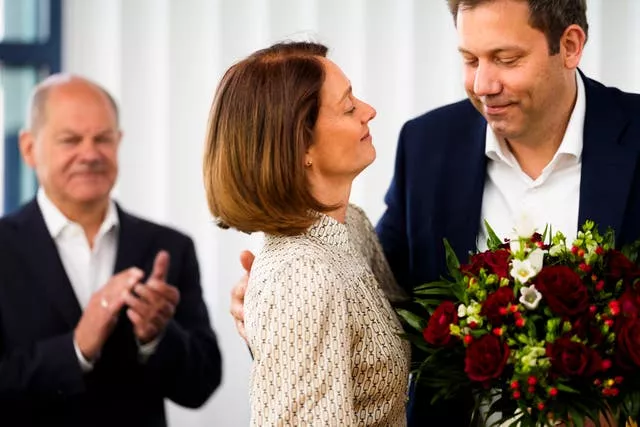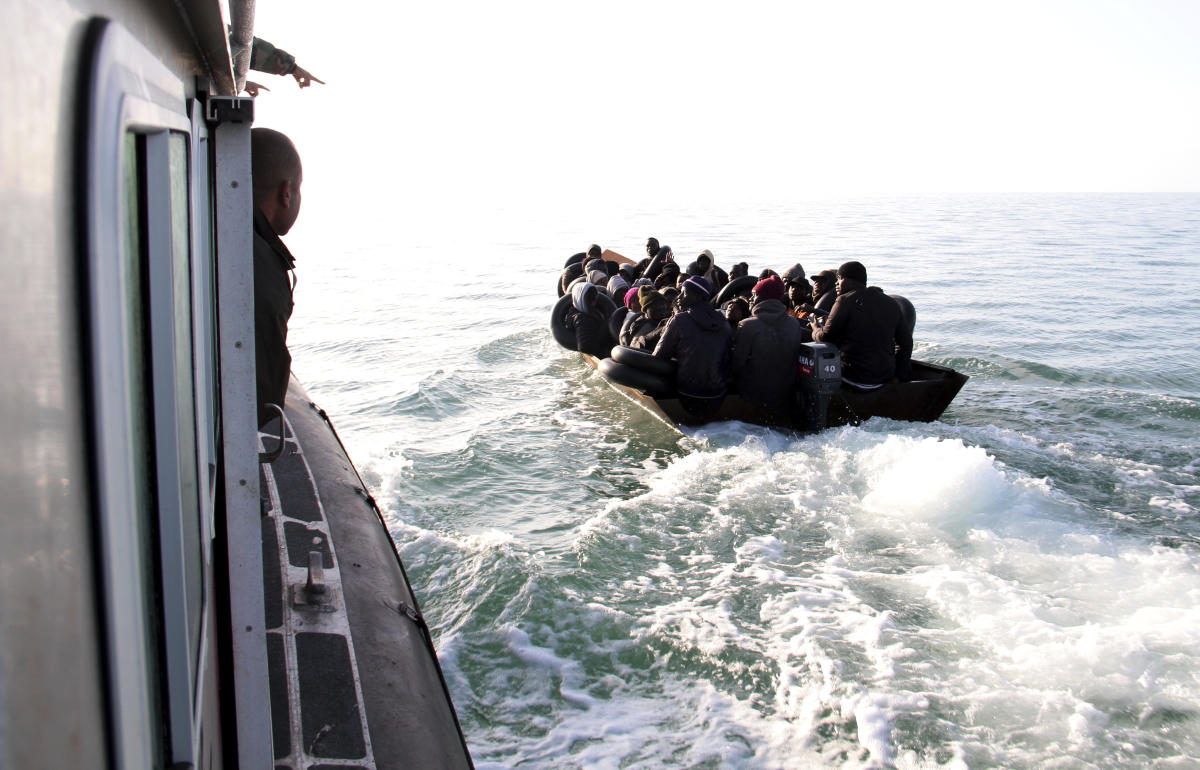Dismal results for Germany’s governing parties in the European Parliament election have dented Chancellor Olaf Scholz’s authority and could prompt even more of the infighting that just cost the government dearly.
A clear win for Germany’s mainstream conservative opposition boosted its confidence as the country begins to look ahead to a national election expected in the autumn of 2025, but raises questions about why it is not benefiting more from the unpopularity of Mr Scholz’s government.
And a second-place finish for the far-right Alternative for Germany (AfD), despite scandals and setbacks, underlines its enduring appeal to many unsettled voters and its strength in the formerly communist east – where it emerged as the strongest party and hopes to win three state elections in September.
The defeat of the three parties in Mr Scholz’s unpopular coalition “really wasn’t surprising, but the level they’ve dropped to is quite shocking for a governing coalition”, said Andrea Rommele, a political science professor at the Hertie School in Berlin.
Mr Scholz’s Social Democrats, the environmentalist Greens and the pro-business Free Democrats secured less than a third of the vote.
The Chancellor’s party polled only 13.9%, its worst post-war showing in a nationwide vote, while the Greens crashed to 11.9% from a peak of 20.5% five years ago. All were significantly below their performance in Germany’s 2021 national election.
Mr Scholz’s coalition government set out to modernise Germany but has gained a reputation for constant discord and poor communication as the economy struggles to generate growth.

The coalition partners argued throughout the campaign about how to put together a 2025 budget while adhering to Germany’s tight self-imposed rules on running up debt.
That problem already forced a hasty, court-mandated rehash of the 2024 budget, complete with subsidy cuts that prompted protests by farmers.
“The sense in Germany at the moment is that the current government is not getting things done,” Ms Rommele said.
“I do think they are getting things done, not all of them but quite a number of them, but they have to communicate that properly … and they have to stop having these internal coalition fights.”
Chances of that do not look good. The Social Democrats’ co-leader, Lars Klingbeil, said on Sunday night that “our people want to see us fight” for its priorities.

The party’s general secretary, Kevin Kuhnert, told Phoenix television that, with the cabinet due to present a draft budget within weeks, “it isn’t plausible that everything will get quieter tomorrow if all just pull themselves together”.
Opposition leader Friedrich Merz celebrated his Union bloc’s win and described the outcome as “a serious defeat for the Chancellor, who was on posters across the country”.
Fellow conservatives suggested that Mr Scholz should call a parliamentary confidence vote or that new elections might be needed – suggestions the governing parties dismissed.
“He went all-in in this campaign … so it is also his loss,” Ms Rommele said.

But despite some recent talk of a possibility of the Social Democrats replacing Mr Scholz with the more popular defence minister Boris Pistorius as its candidate for the next election, “Olaf Scholz would need to step aside, and I simply do not see that, be there pressure or not”, she added.
AfD celebrated its showing of 15.9% despite a series of setbacks this year that included the party sidelining its top two candidates from the election campaign due to scandals and being kicked out of its hard-right group in the European Parliament.
Party co-leader Tino Chrupalla said, “we are used to headwind and so it just makes us stronger”.
“People have anxieties. They have anxieties about their future; they have anxieties about not earning enough, about not making enough, about having too many migrants and asylum seekers in their cities,” Ms Rommele said. “And that’s something that the AfD appeals to.”
Signup bonus from





